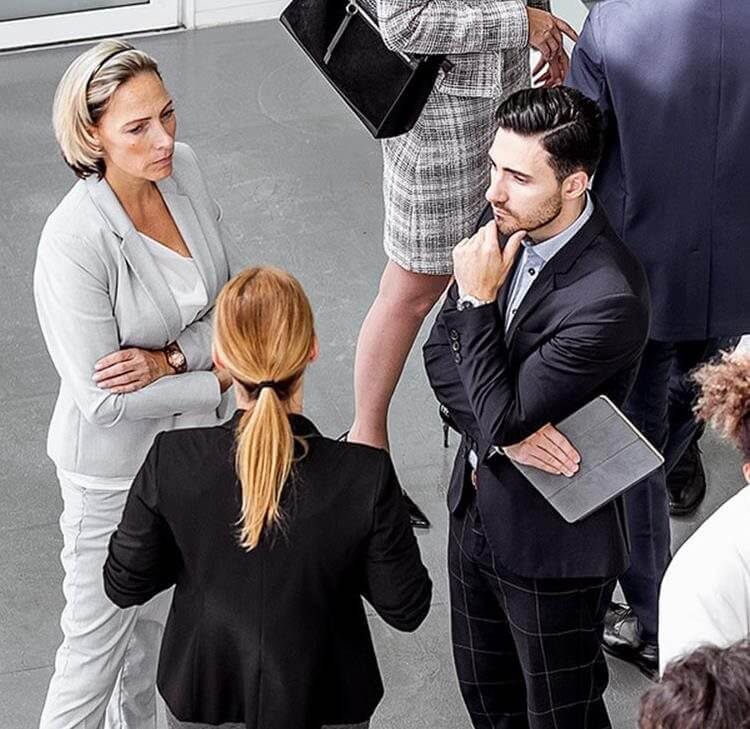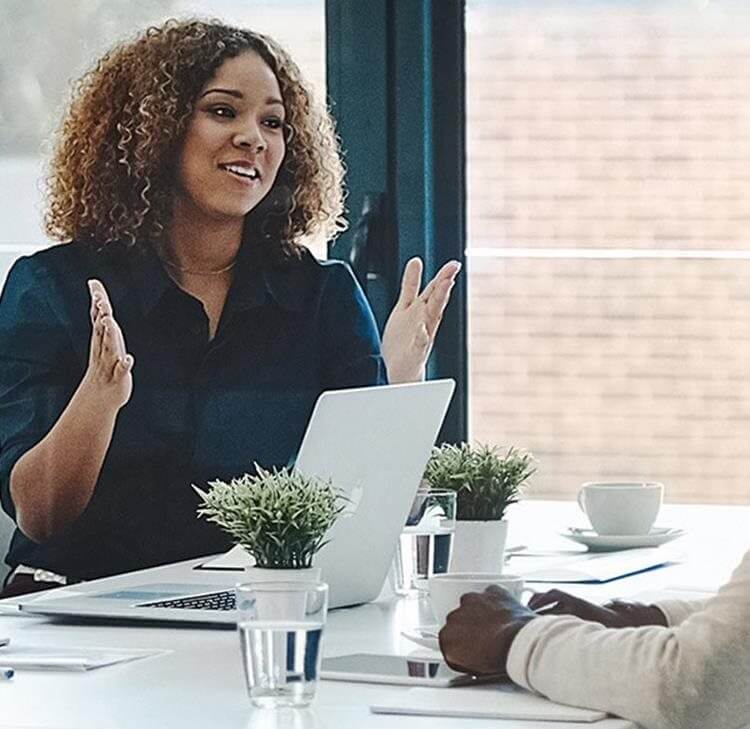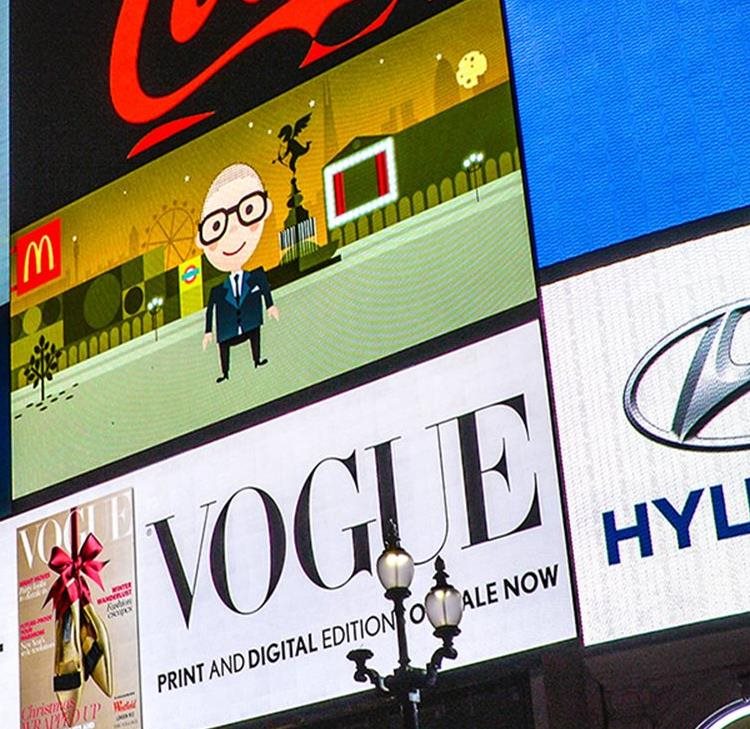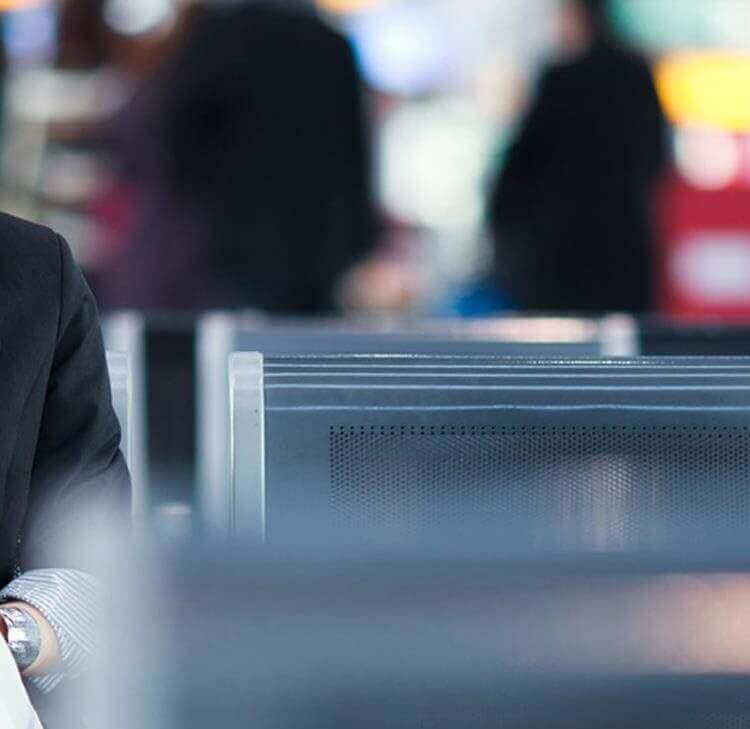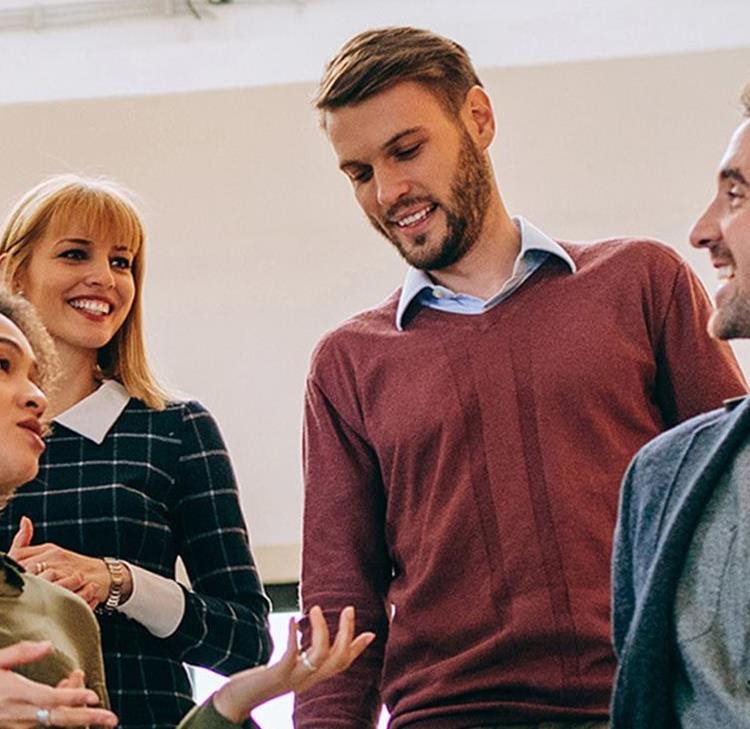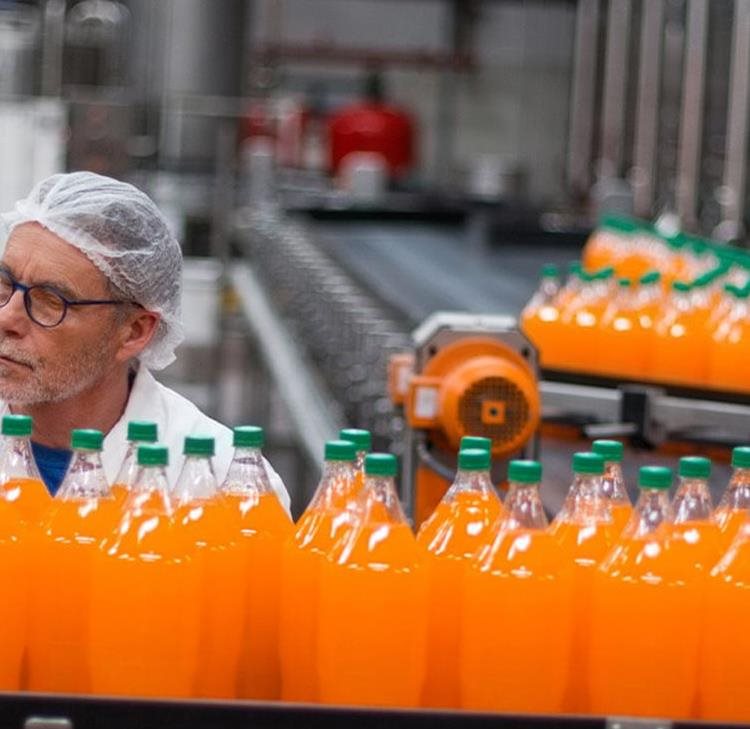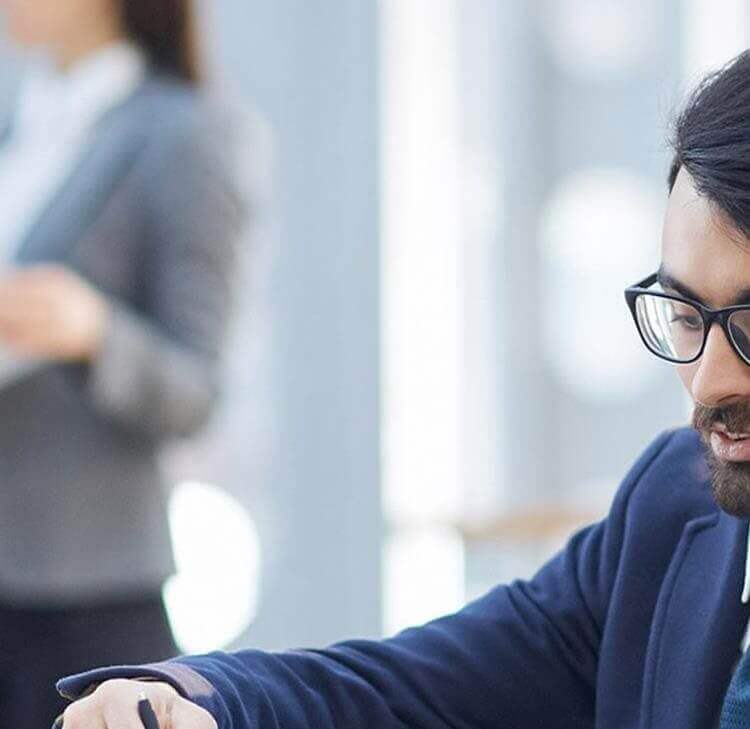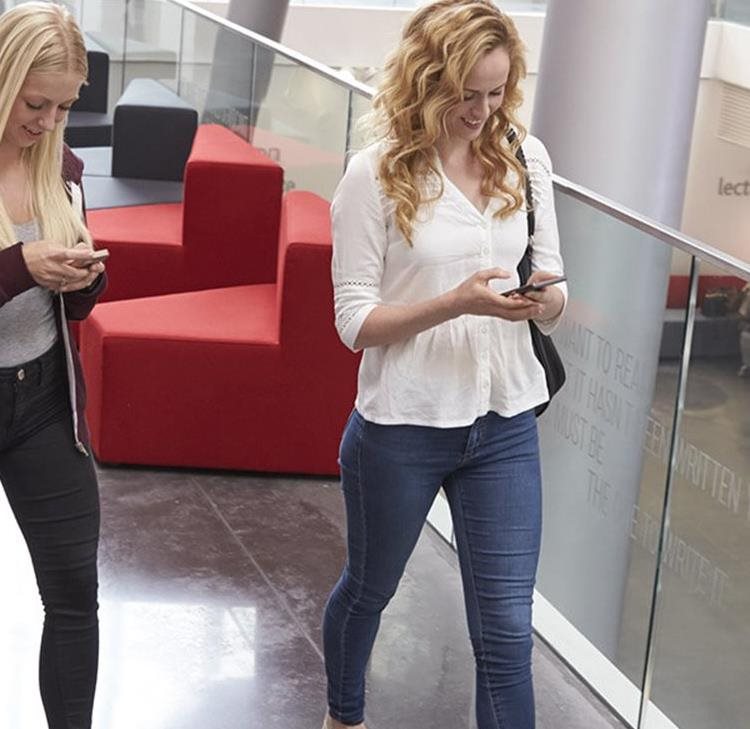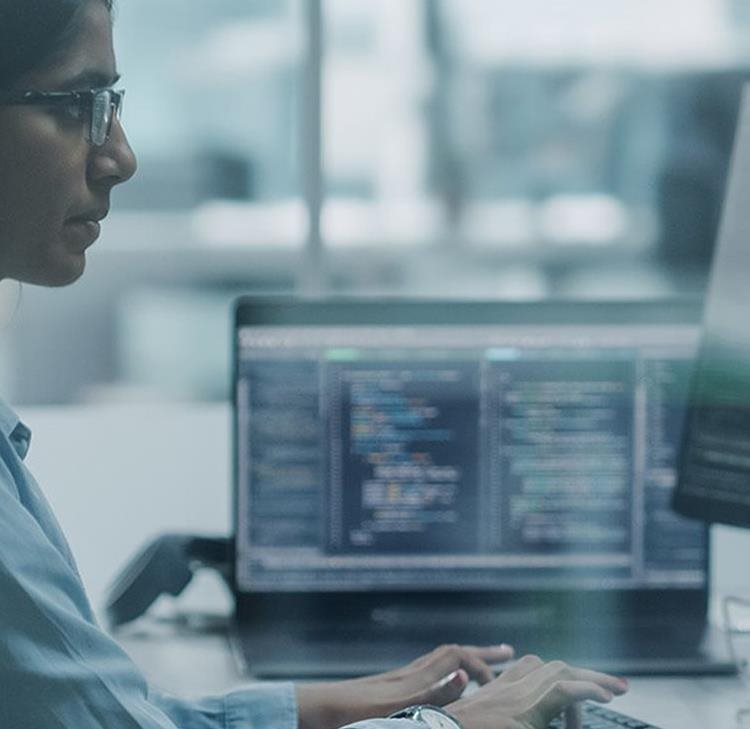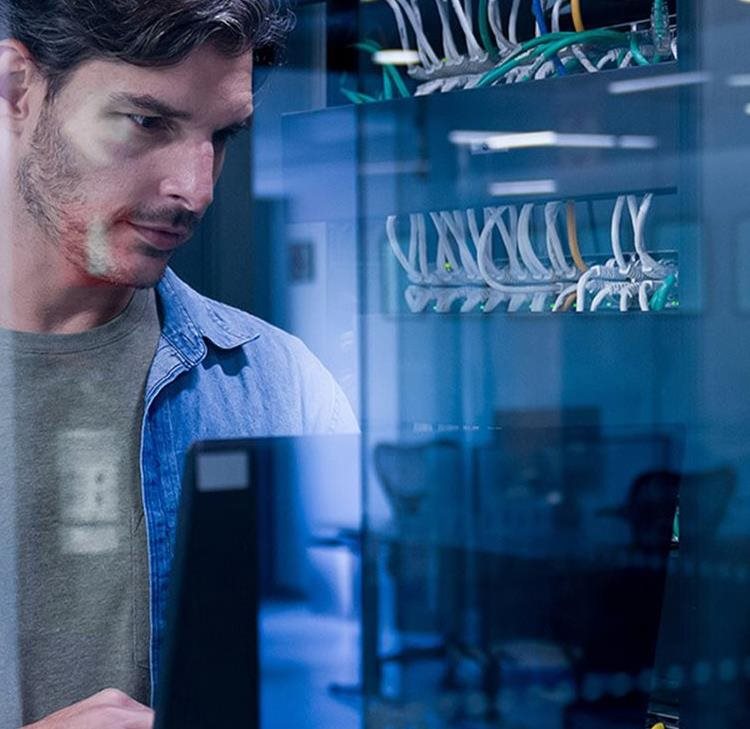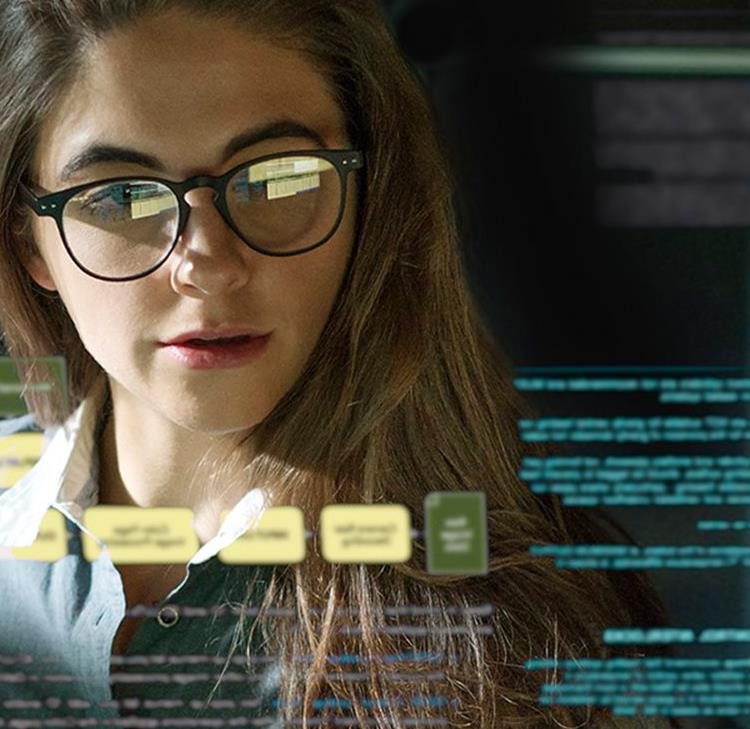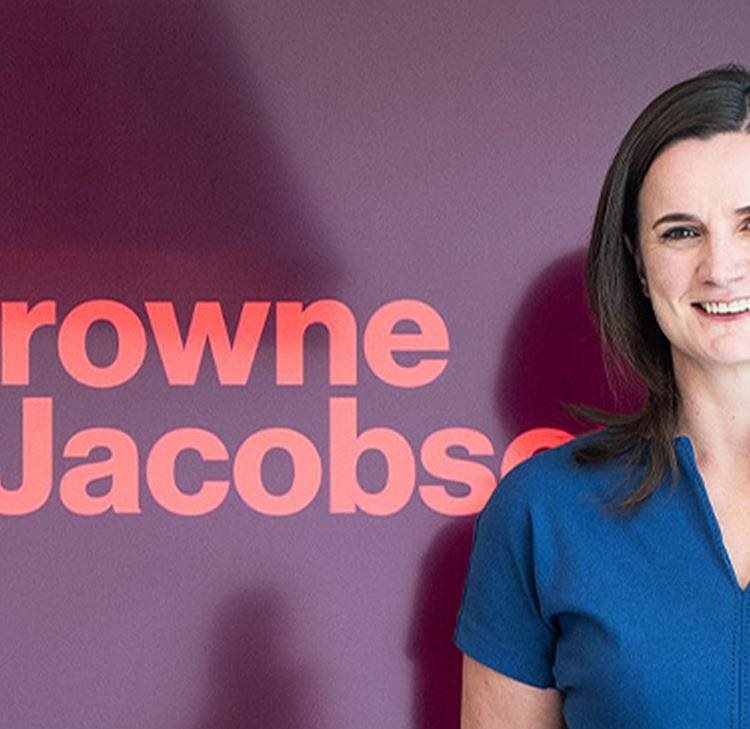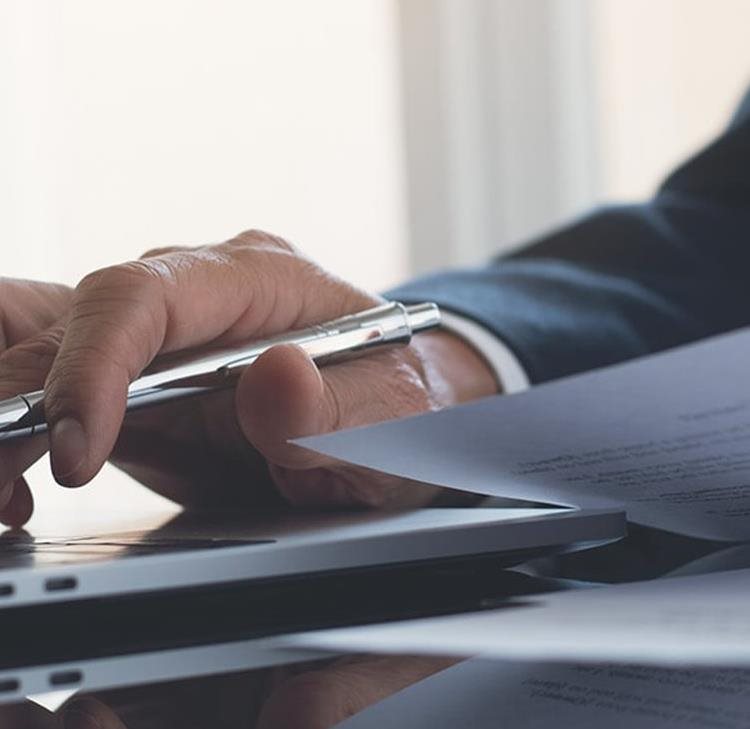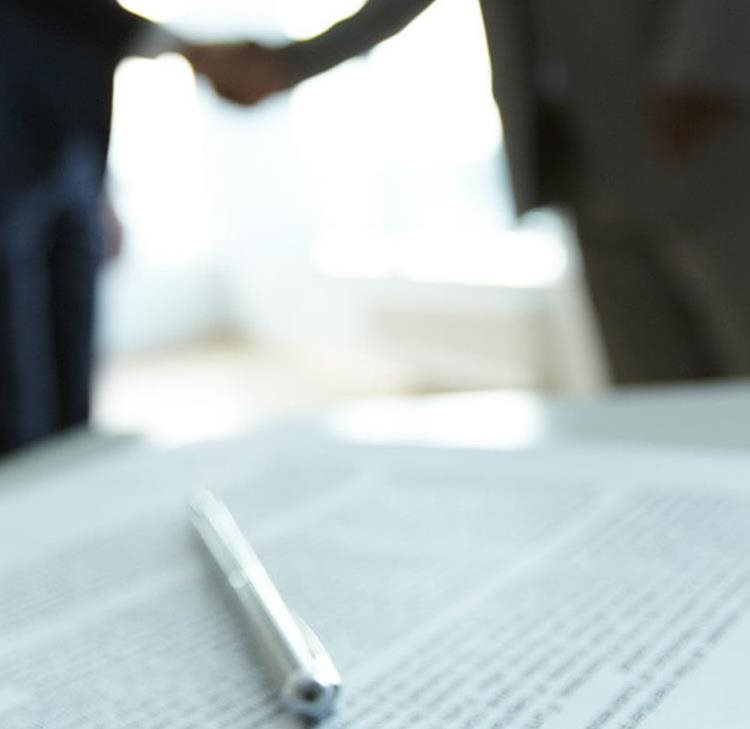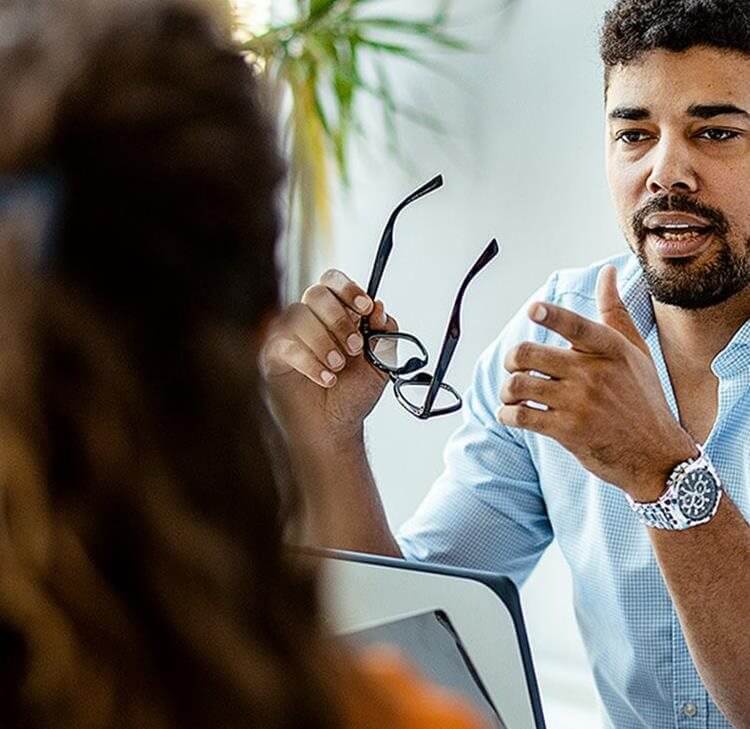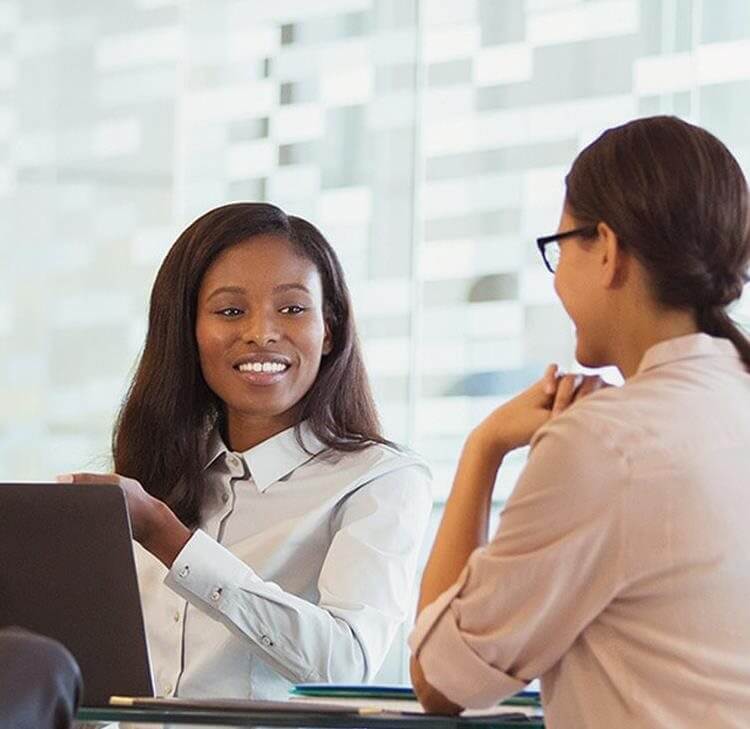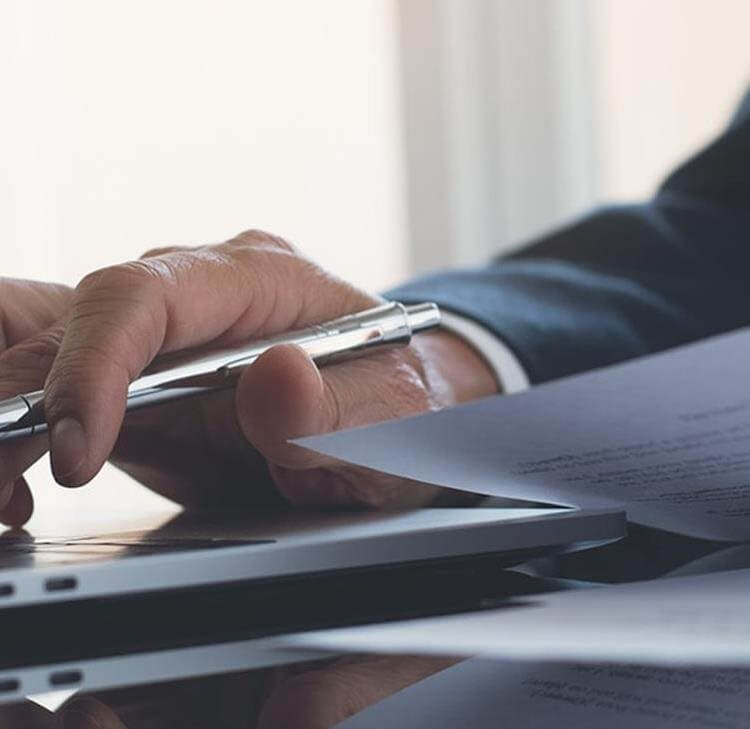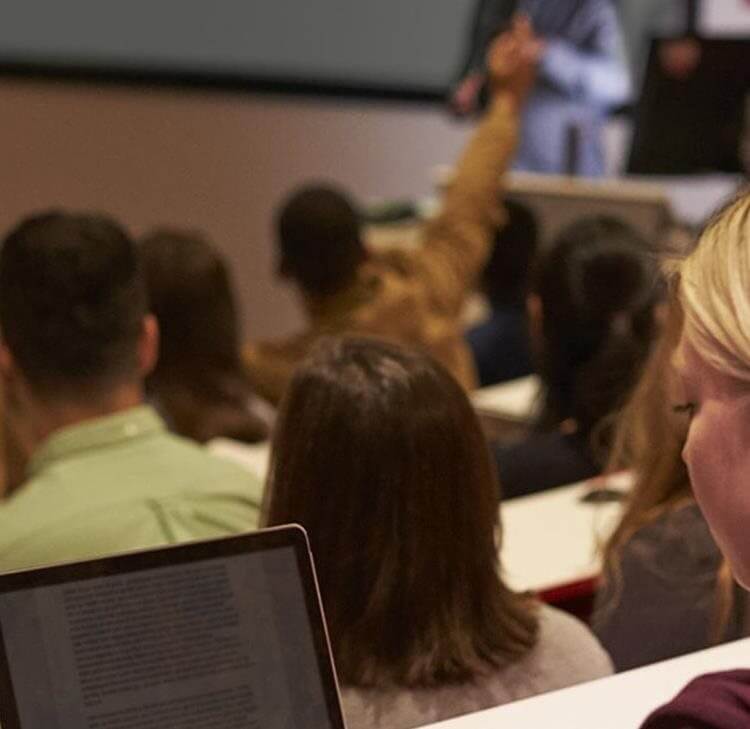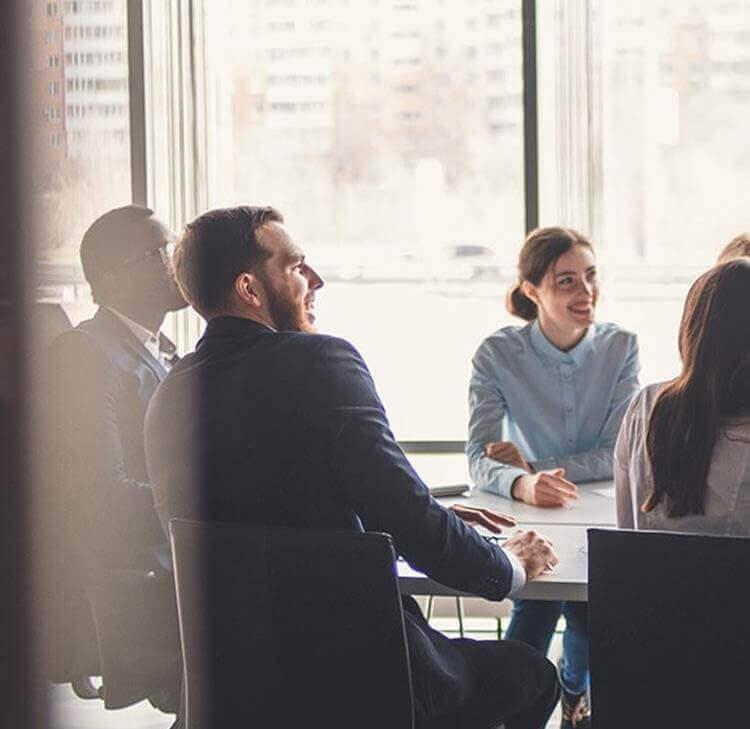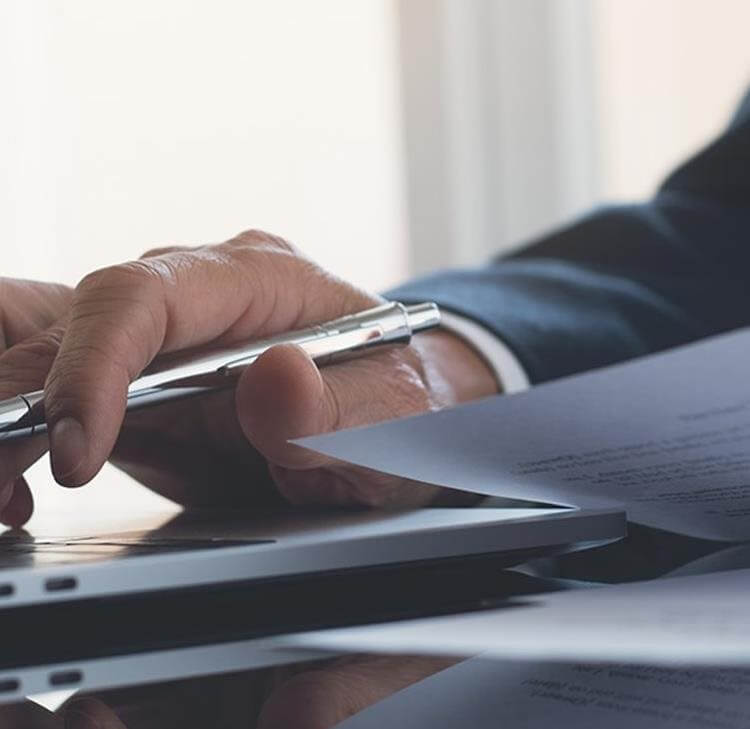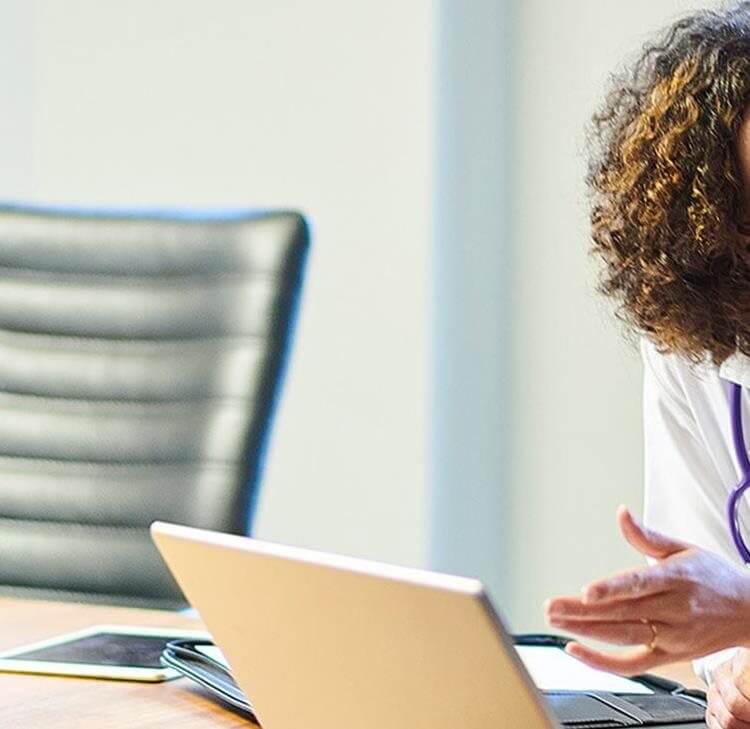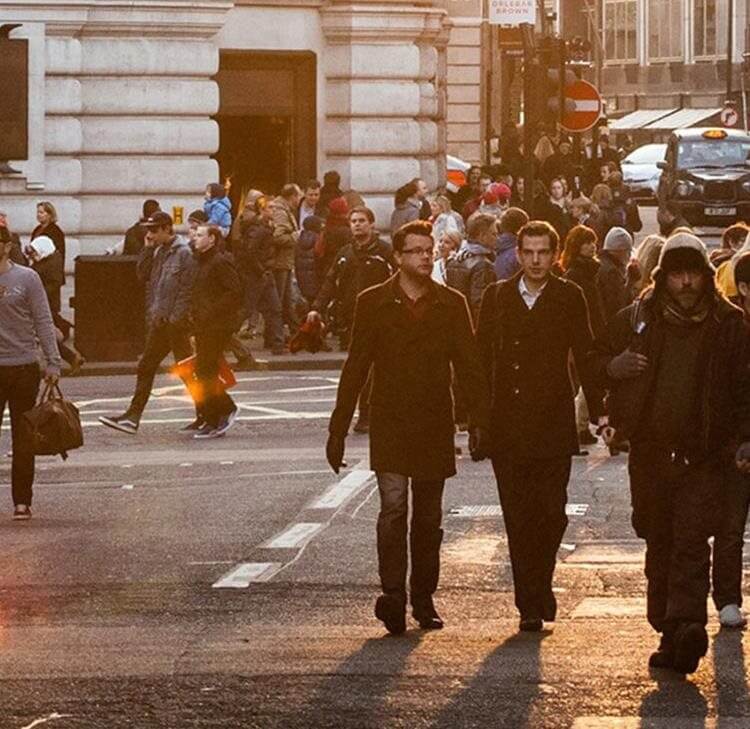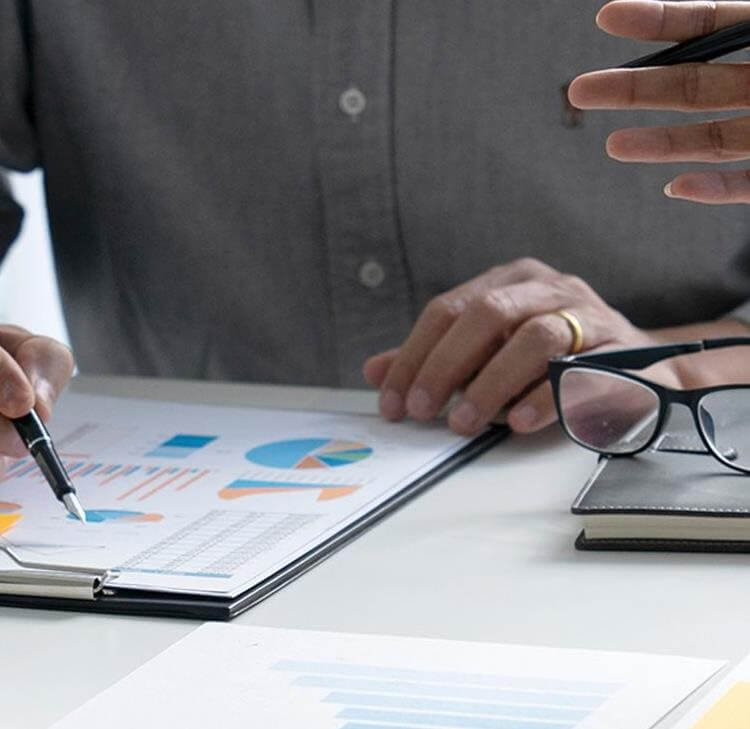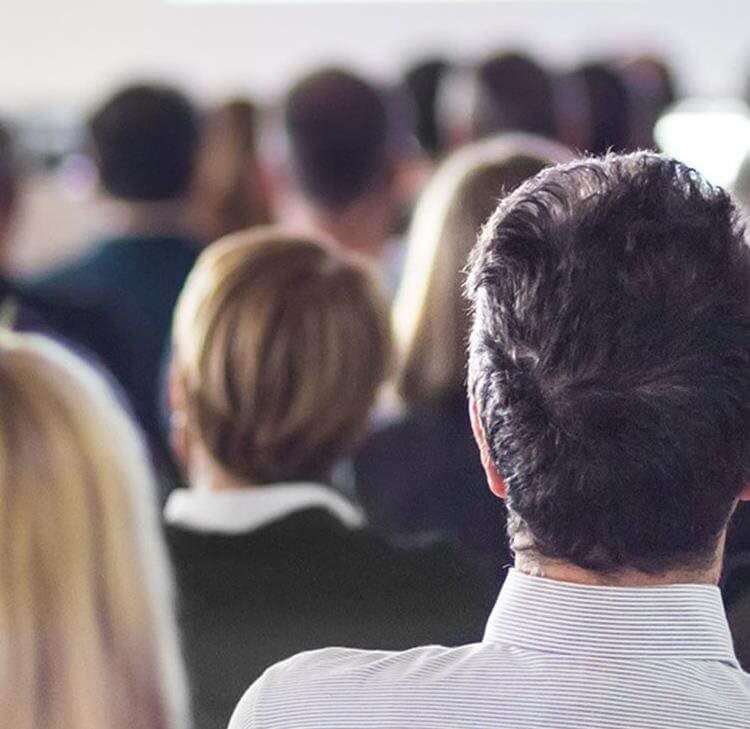AI generated designs on retail products
Every AI will have its own terms of use. DALL·E 2’s Terms of Use dated 3 November 2022 specify that as between a user and Open AI, a user owns their prompts and uploads. Open AI also assigns to the user all rights in any images generated by DALL·E 2 for that user (subject to the user complying with those Terms of Use, and to a licence to use inputs and output to develop and improve the services).
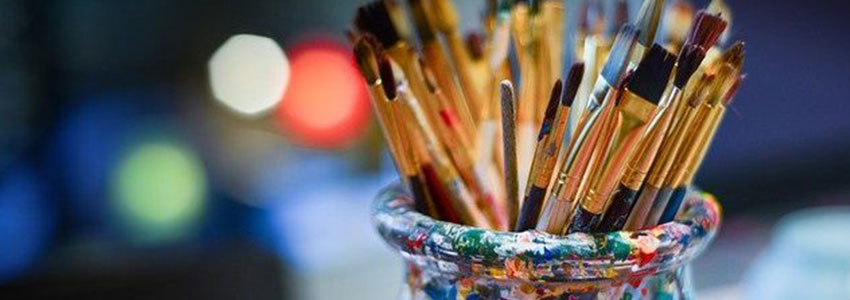
If you have not heard of OpenAI’s machine learning models DALL·E and DALL·E 2, the link is here: https://openai.com/dall-e-2/. It’s absolutely amazing, and we would suggest you have a go before reading this article.
The prompt “Hamster playing the violin out at sea by Rembrandt” generated this image:
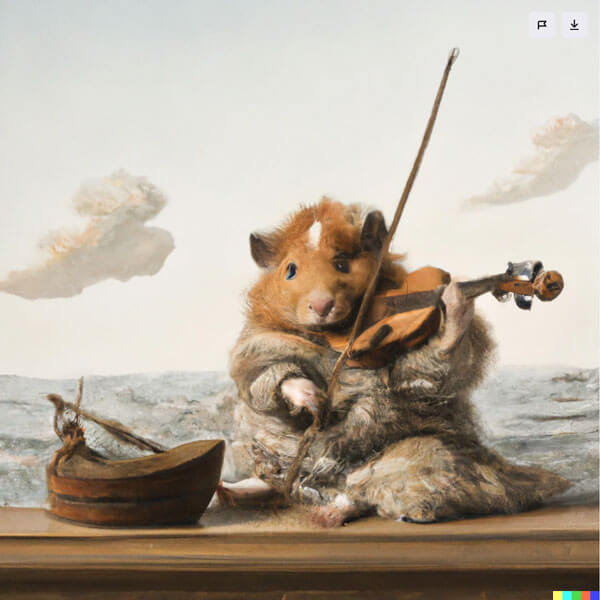
The authors of this article disagree on the aesthetic merits of this particular image, but there is no doubt that DALL-E 2 can create fantastic images with commercial value and use.
To give another example, this was from “cherry blossom in a william morris print”:
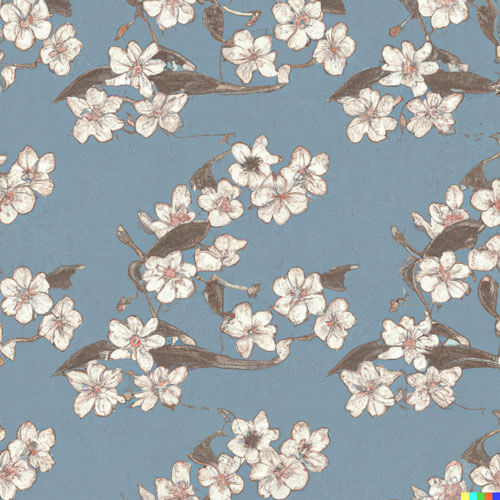
And this was from “oil painting of daydreaming”:
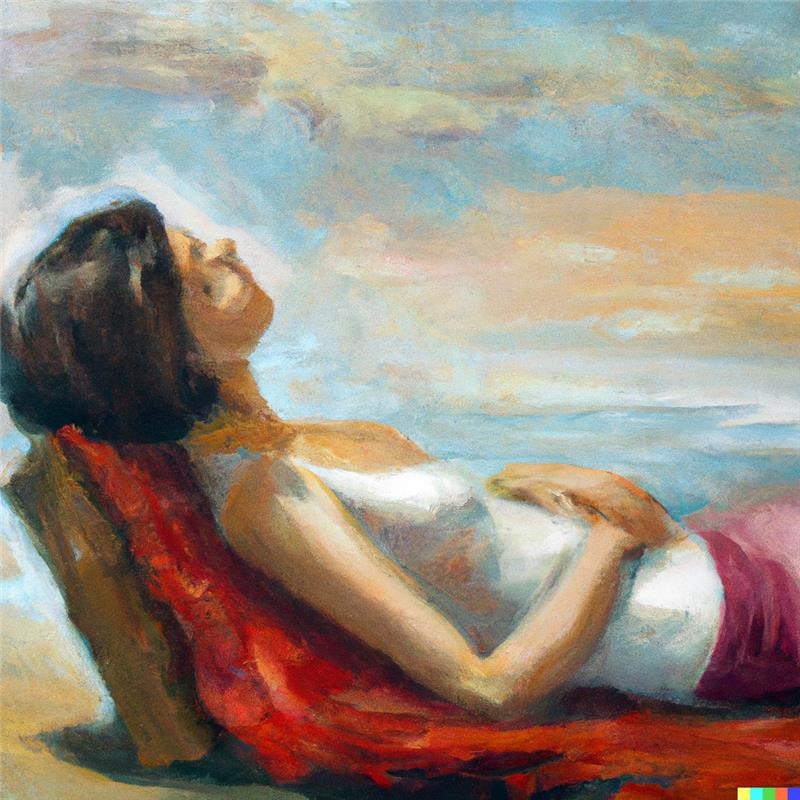
This astounding leap forward in AI comes with many questions. We have set out some legal considerations below.
What rights are there in AI generated works, and who owns them?
Every AI will have its own terms of use. DALL·E 2’s Terms of Use dated 3 November 2022 specify that as between a user and Open AI, a user owns their prompts and uploads. Open AI also assigns to the user all rights any images generated by DALL·E 2 for that user (subject to the user complying with those Terms of Use, and to a licence to use inputs and output to develop and improve the services).
But does copyright subsist in it? A brand wanting to commercialise an image will want that image to have copyright so that it can prevent third parties from using the image.
The CJEU said in Infopaq C-5/08 that works are protected if they are original in the sense that they are their “author’s own intellectual creation”. The Court of Appeal in SAS v World Programming [2013] EWCA Civ 1482 interpreted the UK’s Copyright, Designs and Patents Act 1988 in accordance with this. In Painer C-145/10 the CJEU said that “an intellectual creation is an author’s own if it reflects the author’s personality”, and that a “photograph is an intellectual creation of the author reflecting his personality and expressing his free and creative choices in the production of that photograph”.
Is the text prompt provided by the user of DALL-E 2 enough to mean that the user gets copyright in the generated image? Short verbal instructions to a human painter would not give rise to any copyright in the resulting painting.
And, can an image created by an AI reflect the AI’s personality or express its free and creative choices? These are big philosophical questions.
The Copyright, Designs and Patents Act 1988 was of course drafted before these judgments, and does deal with computer-generated works. If there is no human author, section 9 says that for computer-generated works, “the author shall be taken to be the person by whom the arrangements necessary for the creation of the work are undertaken”. If the text prompt is enough, then the human user entering that prompt is the author. If not, who is it that makes “the arrangements necessary for the creation of the work”? Is that the user who has typed in a short text prompt, or is it the person who has spent ages training the AI?
If you want copyright in an AI generated work, it may be possible to edit it in a way that you create a new copyright work.
Does DALL·E 2 infringe copyright when it is learning?
Machine learning systems are trained using data – and that training involves copying. Some countries permit this – Article 4 of the EU’s Digital Single Market Directive allows data mining for commercial purposes, but rightsholders can opt out of it. Japan and Singapore also have exceptions, and it may be fair use in the US. There is currently no specific exception in UK law. The UK Government has said that it will allow data mining “for any purpose” without an opt-out. There will still be a “lawful access” safeguard for rightsholders, but that may be quite limited.
What happens if DALL·E 2 itself produces infringing content?
DALL·E 2 has clearly been trained on copyright images and, if asked, will produce an image of Super Mario painted by Andy Warhol, or Mickey Mouse in the style of Picasso. These probably infringe Nintendo and Disney’s copyright. It’s arguable whether they infringe Warhol and Picasso’s copyright. In the circumstances, we have not reproduced the images!
One can also upload an existing image and edit it using AI, or generate variations. These could certainly still infringe.
So DALL·E 2 can be used to generate infringing images, and one receives no warranty from Open AI that the images are free to be used.
DALL·E 2 can create some amazing images. It raises a lot of interesting questions, and not all of those have answers yet. What we are sure of is that it will be transformational.
This article was first published in Trademark Lawyer in November 2022.
Contact

Giles Parsons
Partner
giles.parsons@brownejacobson.com
+44 (0)20 7337 1505


